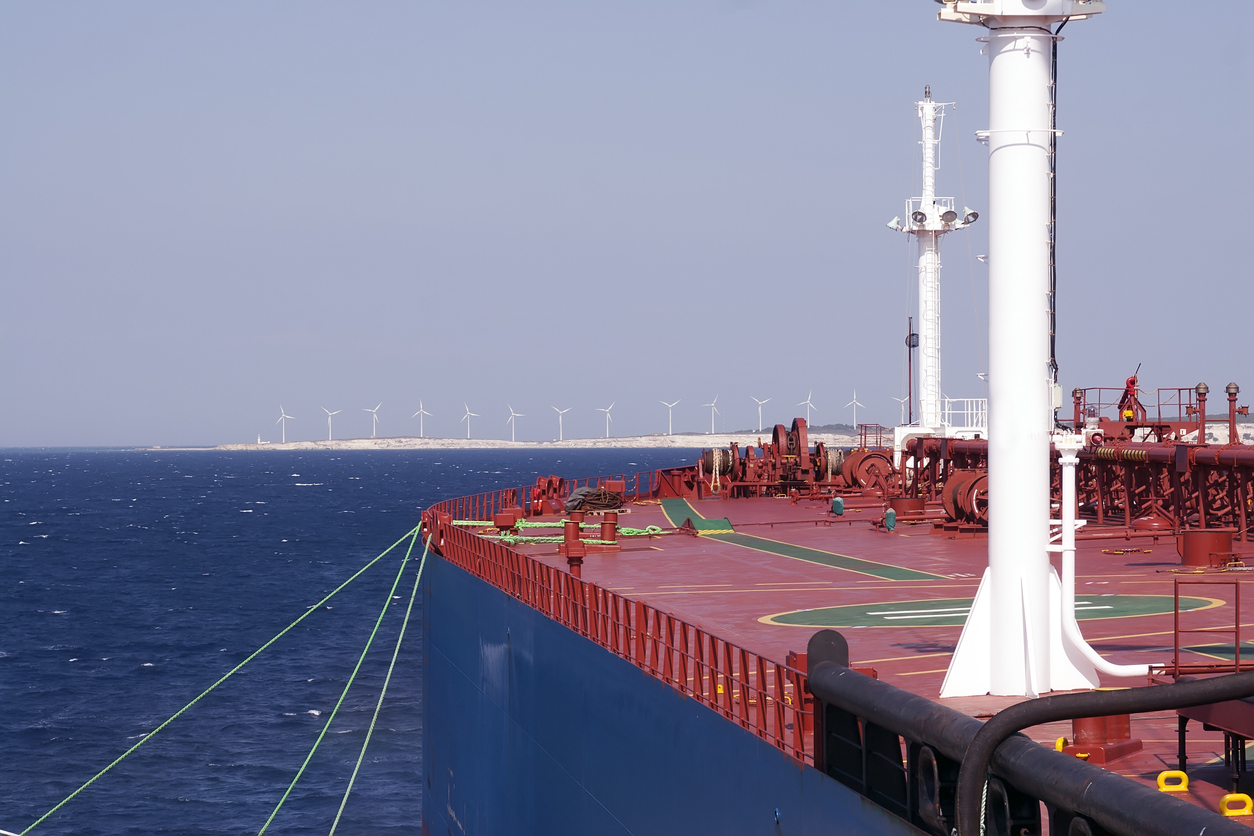The Maritime and Commercial High Court, by judgment of 18 August 2025, rendered a decision in a case which, inter alia, concerned the evidentiary significance to be ascribed to information regarding the temperature of goods as stated in a purchase order issued by the transport customer when assessing whether transport damage in the form of a temperature increase could be deemed to have arisen during carriage.
Facts of the Case:
An Icelandic shipping company undertook, on behalf of a customer, the carriage of two consignments of frozen fish from Iceland to a consignee in France. The frozen fish was loaded onto the trailers used for the transport at a cold storage facility in Thorlakshofn, Iceland.
The carriage of the consignments from Thorlakshofn, Iceland, to Gonfreville, France, was to be performed by an Icelandic shipping line via Rotterdam. The customer booked carriage with the shipping company for the goods by sea from Thorlakshofn to Rotterdam and for delivery in Gonfreville.
The booking note stated that the consignment comprised 3,636 cartons of frozen fish on 33 pallets with a net weight of 18,180 kg. In the booking note, the box for “Frozen” was ticked. Under “Temperature,” the entry “-24 °C” appeared.
On 24 June 2022, the shipping company issued a Waybill for one of the consignments. The Waybill described the cargo as: “S.T.C. frozen fish – 3636 cartons.”
The consignment was tendered in the trailer to the consignee in France on 30 June 2022, but the consignee rejected the goods, citing excessive temperature (-3.3 to -4.1 °C) and the fact that the trailer was not sealed.
The Icelandic exporter subsequently booked another carriage with the shipping line of a trailer with frozen fish for the same consignee in France. The booking note similarly indicated “Frozen” and stated the “Temperature” as “-24 °C.”
On 8 July 2022, the shipping company issued a Waybill for this consignment, describing the cargo as: “S.T.C. frozen fish – 3672 cartons.”
This trailer, too, was tendered to the consignee in France, who rejected delivery on 13 July 2022 on the grounds that the temperature was too high (-10 °C).
The exporter’s cargo underwriters brought legal proceedings against the shipping company, claiming damages on the basis that the frozen fish had sustained temperature damage while in the carrier’s custody.
An expert inspection was carried out based on the temperature loggers produced in the case. The expert concluded that there was no indication that the temperature increases had occurred during carriage, but that they must have resulted from the goods being loaded into the trailers at a temperature higher than -24 °C. On this basis, the shipping company rejected the claim.
Judgment of the Maritime and Commercial Court:
The Court dismissed the claim, holding that the cargo underwriters had not established that the temperature damage had arisen during carriage:
“In both booking notes it is stated that the goods consist of frozen fish. At the bottom of both bookings, under ‘temperature,’ -24 °C is entered. On the Waybills, the cargo is described as ‘S.T.C. [said to contain] frozen fish.’ The Court finds that the temperature entry in the booking notes must be understood as a contractual obligation on [the Carrier] to transport the fish at -24 °C. Conversely, the Court does not find that [the Exporter], by the booking notes and Waybills, has declared that the fish was at -24 °C upon loading. Furthermore, the Court finds that [the Cargo Insurer], based on the general evidence regarding the origin and handling of the fish, has not proved that the two consignments of fish, the pre-loading temperature of which is undocumented, were at -24 °C when the goods were handed over to [the Carrier].”
Comment:
The judgment confirms that – in accordance with general principles of carriage law – the burden of proof rests on the claimant to show that the damage occurred during, or was caused by, the carriage. Typically, this burden may be discharged by reference to the description of the goods in the transport document and comparison with their condition upon delivery. If there is a discrepancy, an evidential presumption arises that the damage occurred during carriage. However, this presupposes that the transport document, here the Waybills, actually contains or must be deemed to contain information about the goods, including their condition or loading temperature, where temperature damage is alleged.
Under section 10 of the CMR Act, a carrier must by reasonable means check the accuracy of the particulars in the consignment note, and under section 309 of the Danish Maritime Code, it is presumed that the goods have been received by the carrier as described in the issued Waybill (unless lawful reservations have been made). It was therefore decisive for the Court’s reasoning and outcome that, based on the booking notes and Waybills, it could not be established that the fish was at -24 °C when handed over for carriage. One could argue that the entry of “-24 °C” in the booking note should have been considered as information regarding the goods, which the carrier was obliged to verify by reasonable means and, if not verifiable (e.g. if the container had been sealed prior to delivery for carriage), to make appropriate reservations. The Court, however, held that the entries could not be regarded as information about the goods which the carrier was required to verify, and accordingly the Waybills could not serve as evidence of the temperature of the fish at the time of delivery for carriage.
Judgment of the Maritime and Commercial Court, 18 August 2025, Case No. BS-16165/2024-SHR












